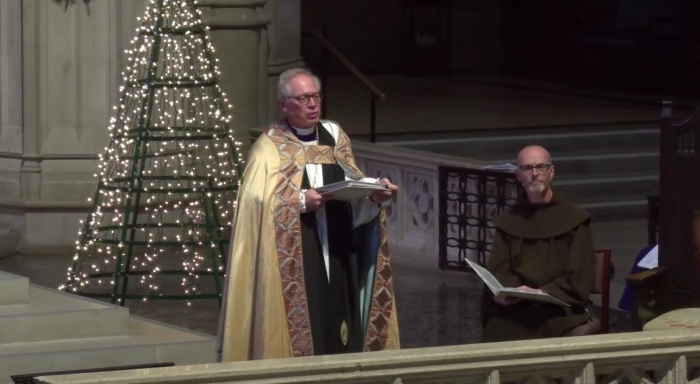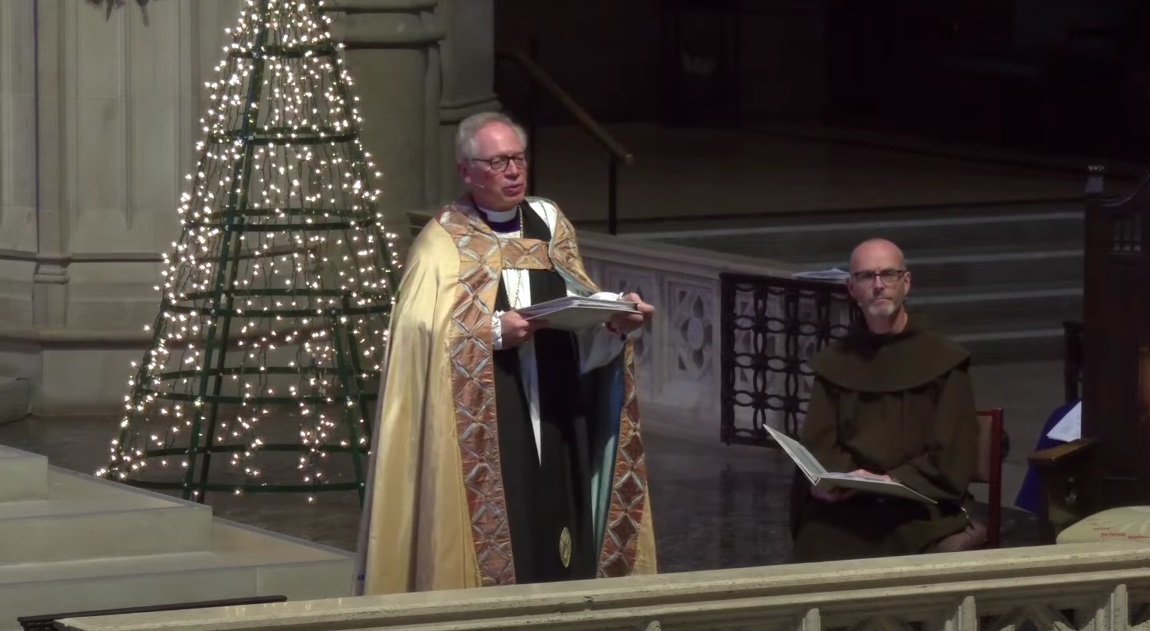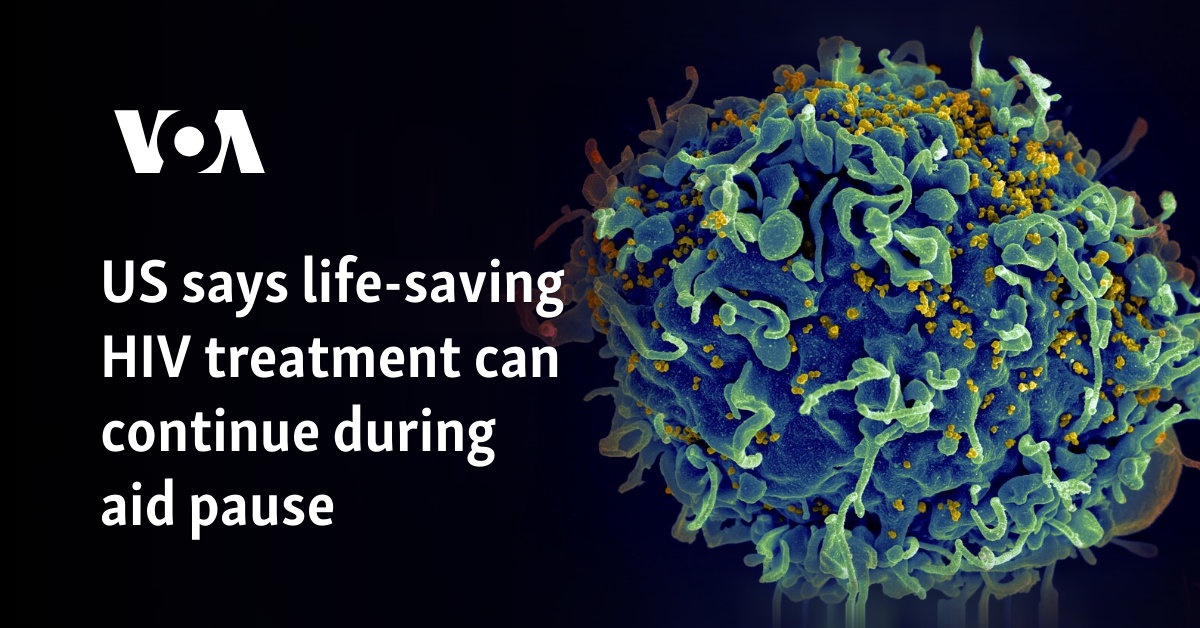
The Episcopal Church has restricted the ministry of former California-based Bishop Marc Andrus following credible allegations of an “inappropriate relationship.”
Andrus, who served as bishop of the Episcopal Diocese of California from 2006 until his retirement in July, faces restrictions due to an “inappropriate relationship with an adult,” the Episcopal Church’s Office of Public Affairs announced Tuesday.
While the disciplinary process continues, Andrus is prohibited from conducting any ministry work or communicating with members of the diocese.
The restriction was authorized under The Episcopal Church’s Title IV disciplinary canons and was imposed by the Rt. Rev. Mary Gray-Reeves, former bishop of the Diocese of El Camino Real. Gray-Reeves is serving as the presiding bishop-designate for Title IV matters involving bishops.
The Rt. Rev. Austin Rios, the newly installed bishop of the Diocese of California, addressed the matter in a pastoral letter on Tuesday, describing the announcement as “difficult news for me to learn.”
“When I became your pastor, I wrote to you about the work we have to do, the trust we have to build, and the wounds we need to entrust to Christ’s healing power. I did not anticipate that this kind of painful situation would be among our first challenges together,” stated Rios.
“But I believe that by loving God and one another and following the wisdom of Jesus, we will emerge from this difficulty more connected and more committed to the mission of God in our context.”
Rios concluded by calling on the diocese to “please join me in praying for the person who has made this allegation, for Bishop Marc, and for all those who are affected.”
Born in 1956 and ordained in 1988, Andrus was elected bishop of the Diocese of California in 2006, following his tenure as bishop suffragan in Alabama, which began in 2001.
Throughout his career, Andrus was known for his outspoken support of environmental causes and opposition to California’s constitutional amendment banning same-sex marriage and the Defense of Marriage Act.
In 2013, he joined multiple Episcopal bishops in signing a legal brief opposing both Proposition 8 and DOMA as they faced court challenges.
“The Episcopal Church has always seen itself as existing in our culture, not outside or above or in opposition to our culture. For over a century, Episcopalians look to the model of Christ transforming culture, rather than, say, Christ against culture,” said Andrus in a statement at the time.
“On marriage equality, our church has traveled on pilgrimage with our culture. Sometimes we have led in advocacy for marriage equality, and sometimes we have learned from the culture and from leaders outside the church. We have developed rites for blessing and marriage for all, and we have extended the support of the church to LGBT people in the form of premarital counseling and the integration of same-sex couples into loving communities of faith.”








